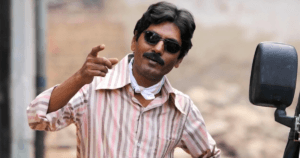Taapsee Pannu, Tahir Raj Bhasin and Shreya Dhanwanthary starrer Looop Lapeta recently released on Netflix. The film has been directed by Aakash Bhatia and is a romantic comedy cum action thriller.
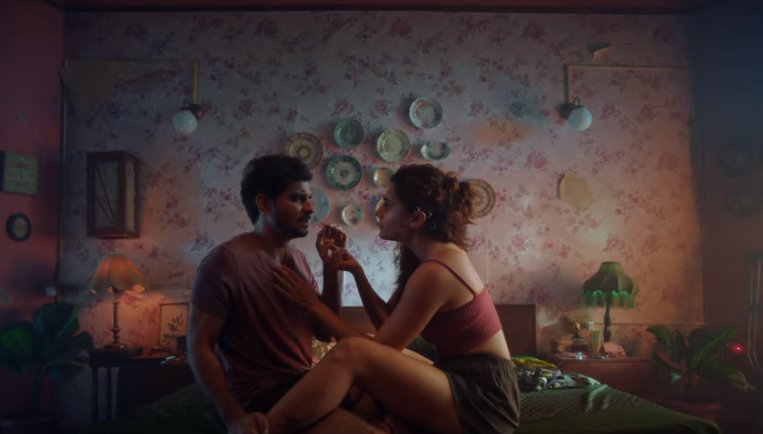
Inspired by the cult classic Run Lola Run, the movie’s plot revolves around a couple (Savi and Satya) who gets stuck in a situation that can only be sorted out if Savi relives the whole day on a loop, until the duo can fix the consequences of their negative actions. But in between all this chaos, a monologue by actor Shreya Dhanwanthary AKA Julia caught my eye.
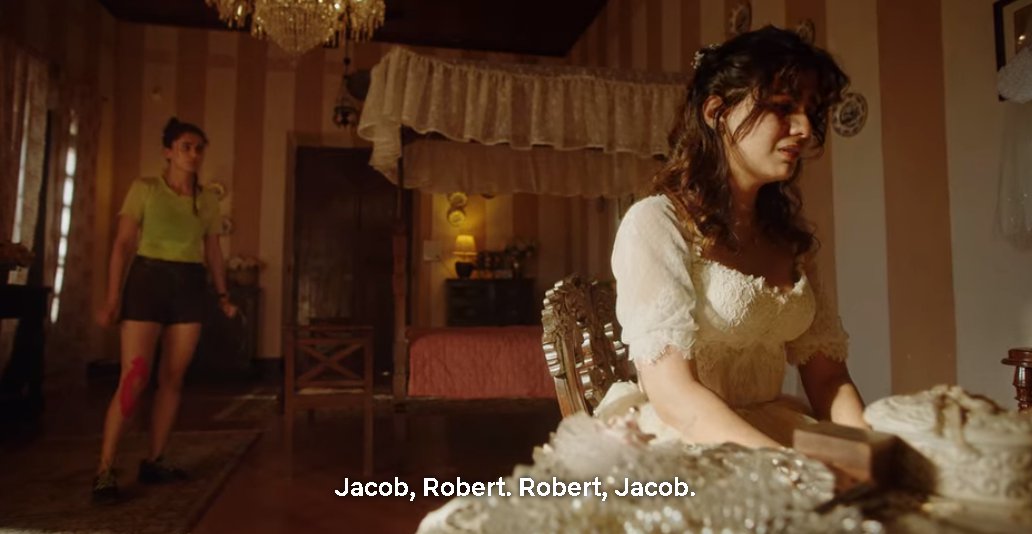
In the scene, as Taapsee Pannu AKA Savi is on her way to save her boyfriend Satya (Tahir Raj Bhasin), she ends up gate crashing Julia’s wedding. Right into her room, actually. Where Julia is sitting, visibly distressed and under heavy confusion.
She’s trying to decide whether she should go through with the wedding and and marry Robert (played by Alistar Bennis) a ‘good boy,’ who is doing well for himself, or go back to her ex-boyfriend Jacob (Sameer Kevin Roy), the person she is in love with, but who is not as financially stable as Robert.
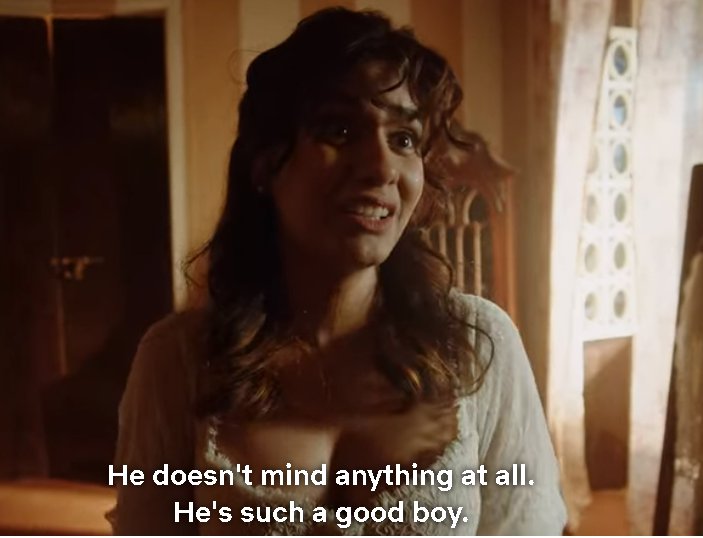
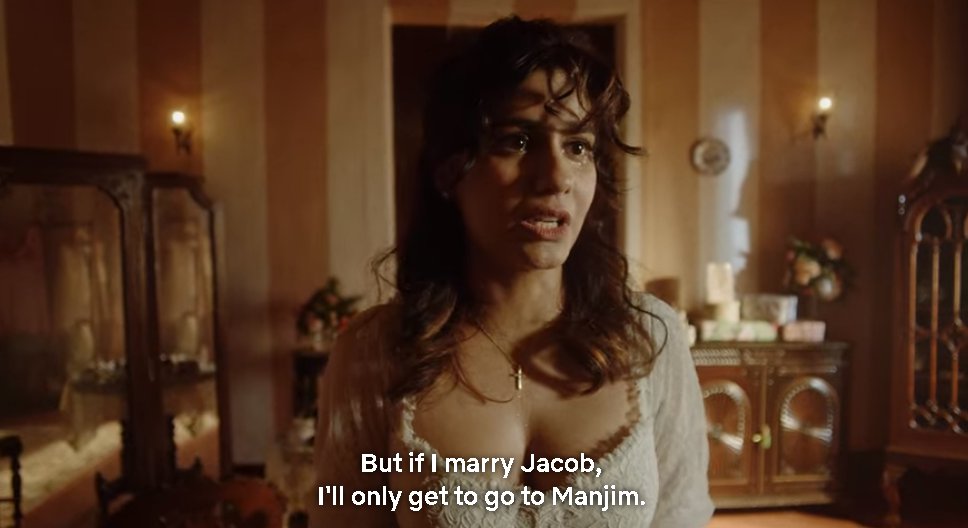
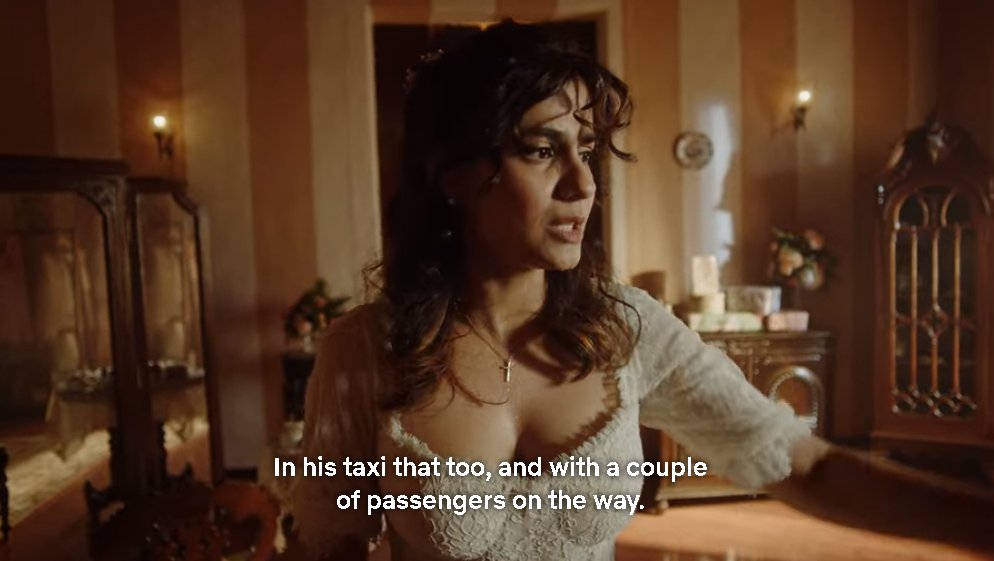
Julia’s frustration is relatable. Because as Indian women, most of us are raised to choose the stable, sensible boy who we may not be attracted to or are compatible with, but who is more likely to provide us with financial security. Especially if the choice is between the nice guy and the boy with whom you have great chemistry, but maybe fewer chances to practically co-exist in a relationship with. At least, that’s the idea society keeps enforcing.
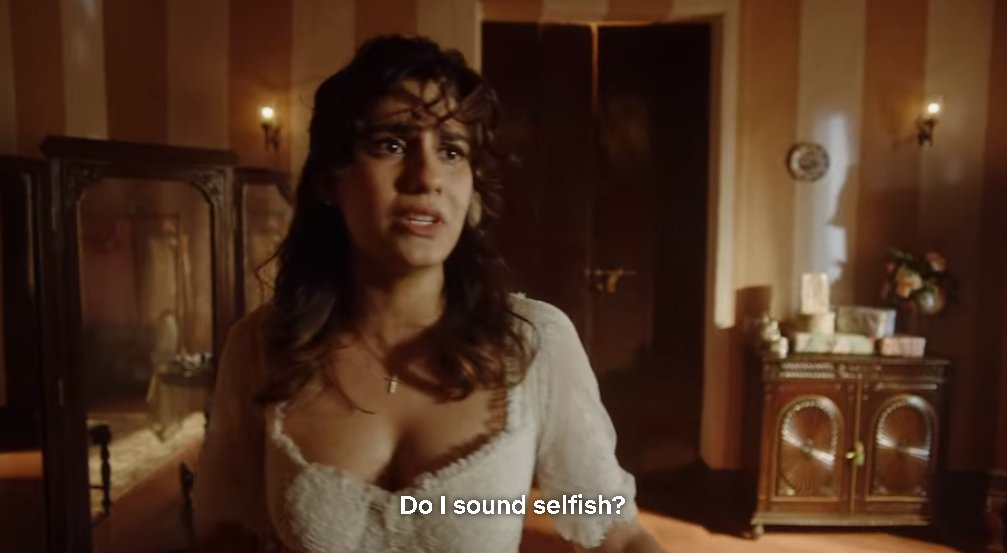
While trying to make this decision, Julia ends up asking whether she’s being selfish for wanting a life of comfort? Then she quickly switches to asking if it’s really so selfish for her to think of what’s best for her life. Which makes sense, because, at the end of the day, we can’t hold other people responsible for the choices we make. We’re supposed to participate in our own lives, and that too, actively!
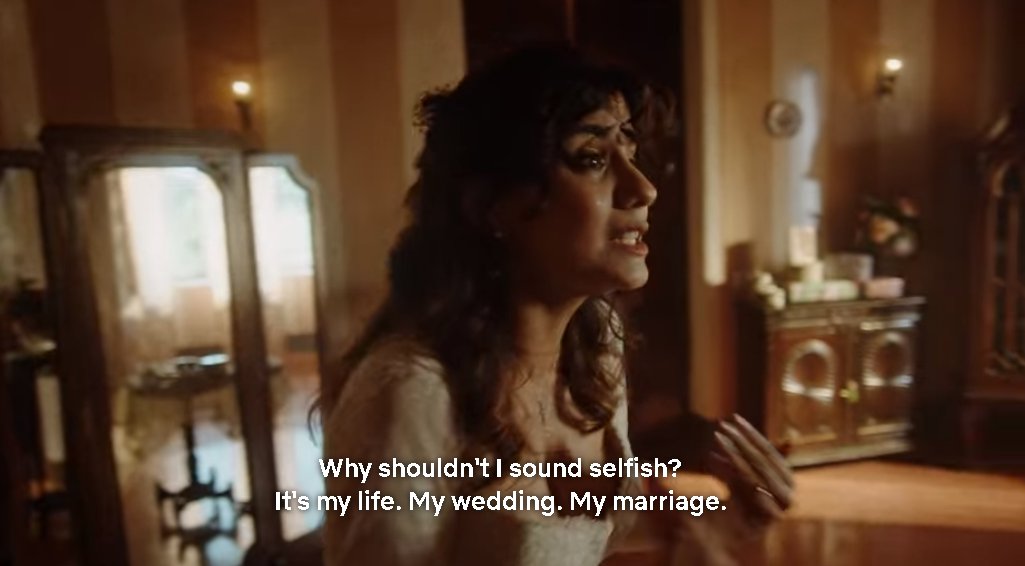
One of the best things about her monologue is how she oscillates between certain emotions. One moment she remembers the sweet moments she’s shared with her ex-boyfriend, and the next she tries her hardest to think straight, and not just with her heart.
Then she arrives to the realization that she has dreams and ambitions of her own. And how her choice of who she marries will greatly impact her life and identity.
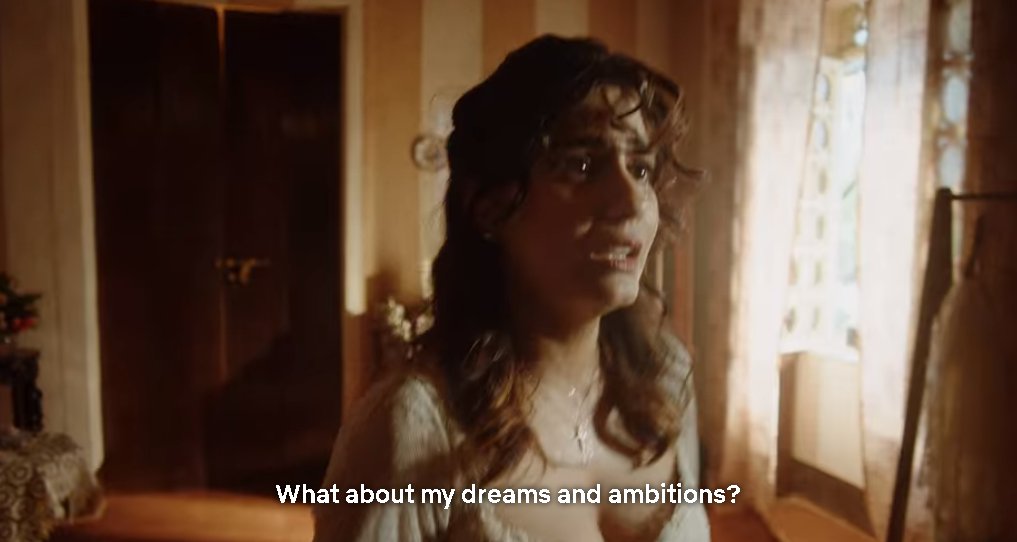
With each question she asks, it seems as though she’s getting closer to her personal truth. But at the same time, getting all the more confused. Because it’s almost as if she’s going deeper and deeper in to a rabbit hole, that’s causing more panic than creating clarity.
Julia realises that she may not even need to get married, and even asks herself why she should WANT to get married in the first place?
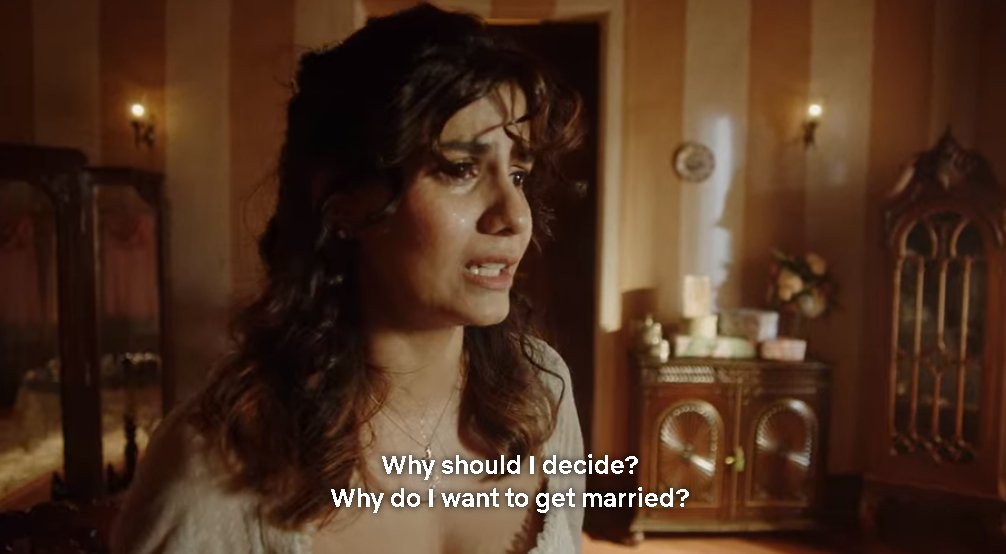
It’s a pretty significant moment, because as the audience, it truly makes you wonder where you began thinking you wanted something like marriage? Who taught us to want marriage? Marriage doesn’t necessarily result in love between two people.
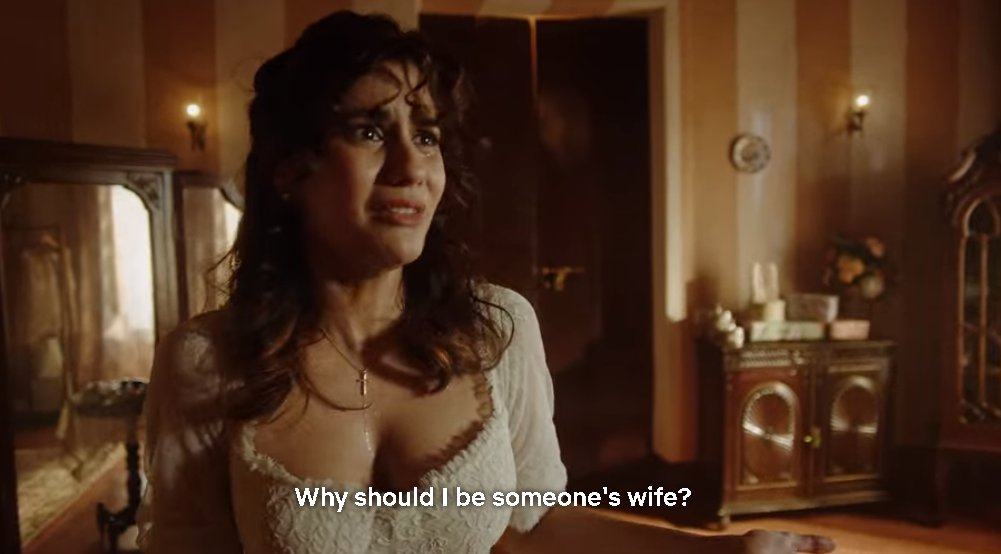
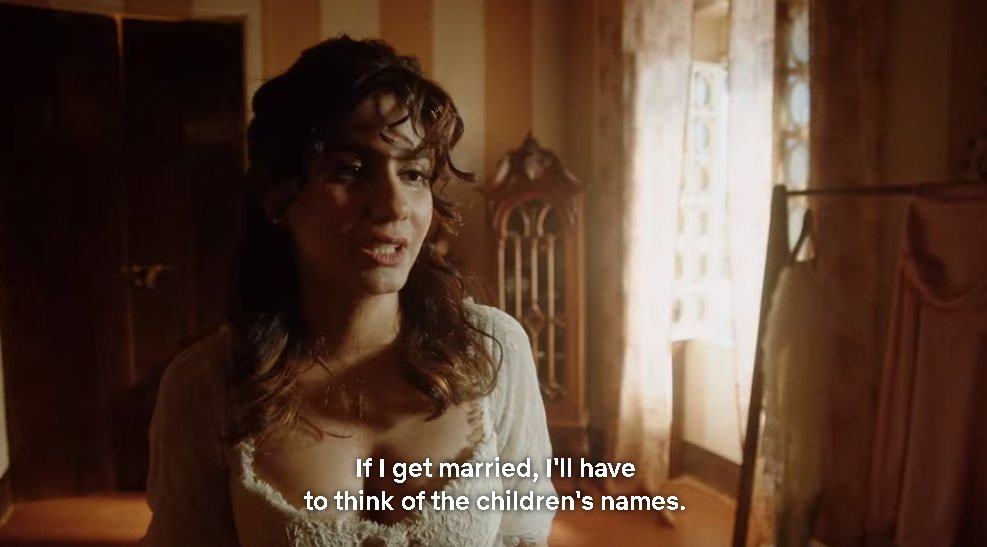
At the end of it all, she ends up with the same question. Weighing out the pros of each of the men that she has the option to choose from.
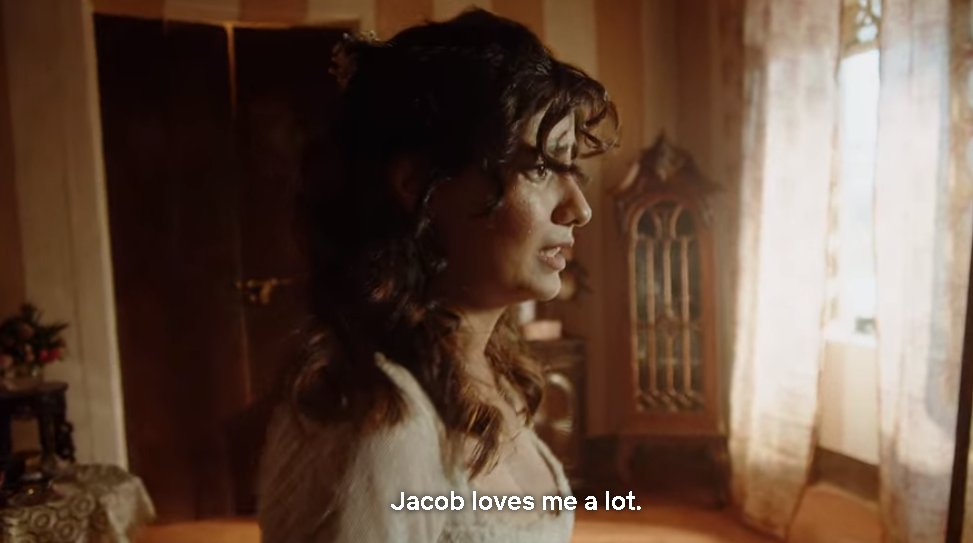
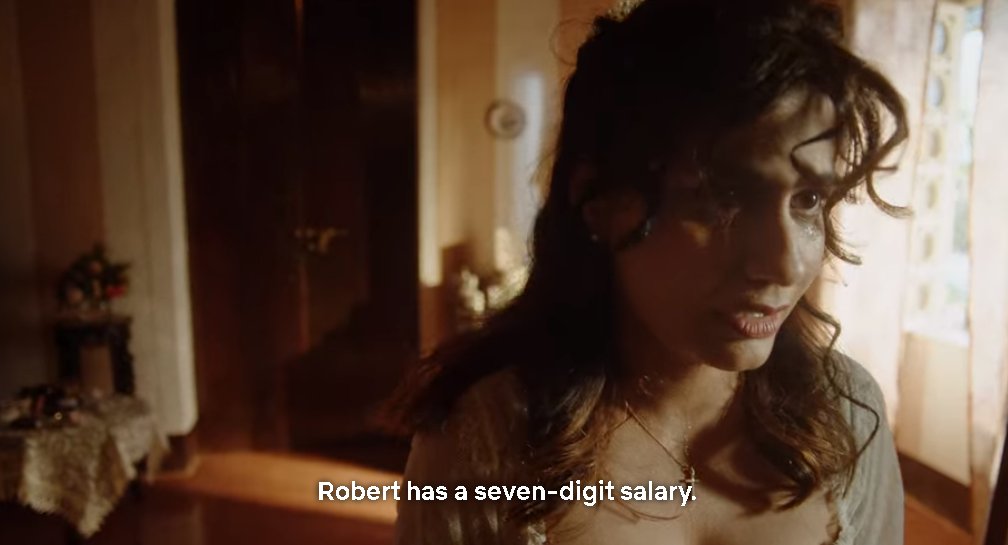
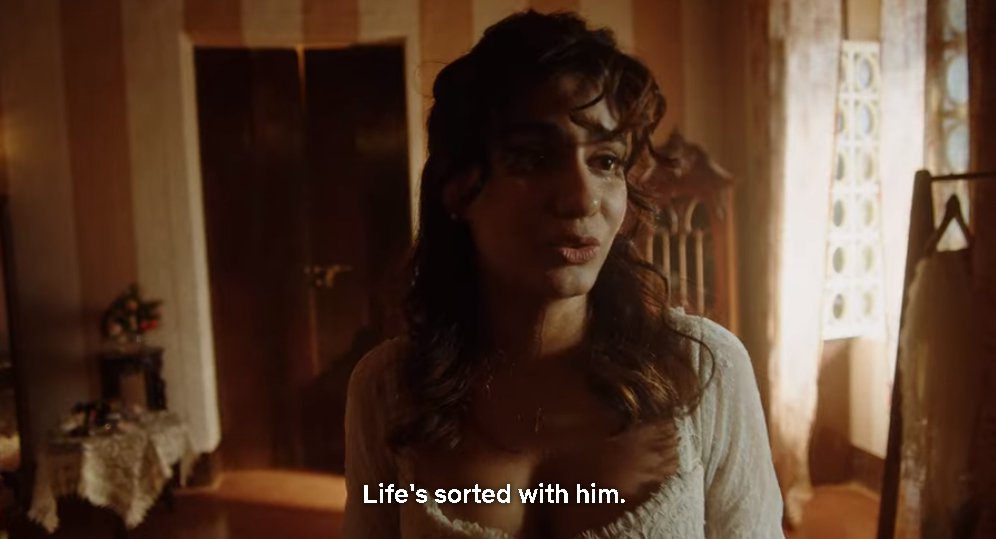
But this, this is my favourite part. When she comes to another epiphany of a sort. Where she realises that her identity can’t possibly depend on who loves her!
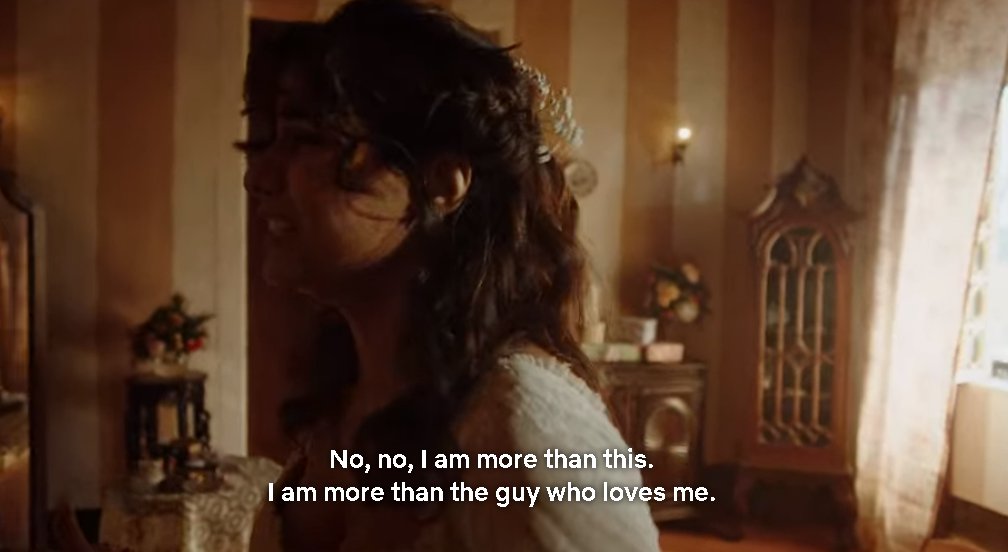
The graph of Julia’s emotions is choatic, yes. But identifiable and relatable. Especially because the situation she is in, is extremely jarring and complex.
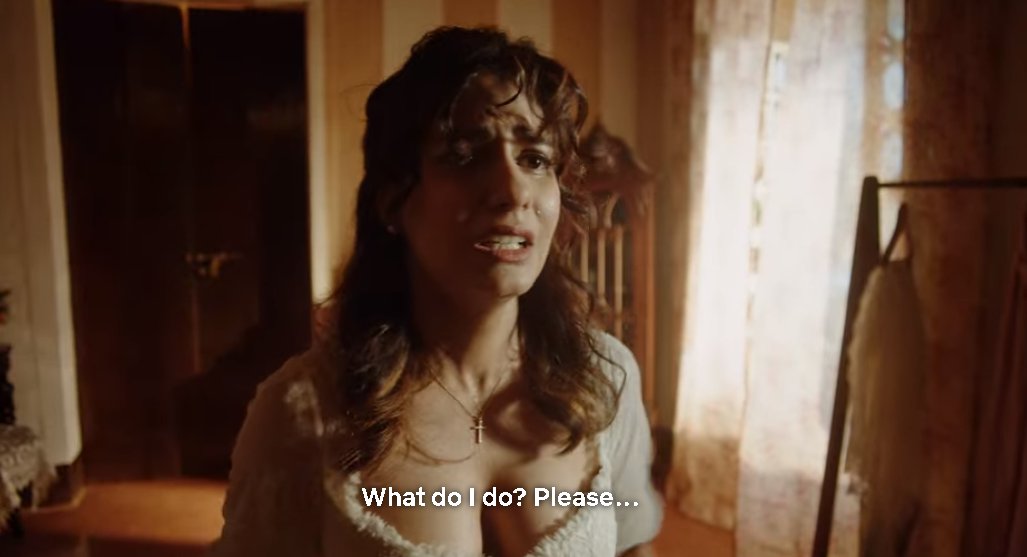
We feel you girl! We’ve all been there.
All images are screenshots from Netflix.





